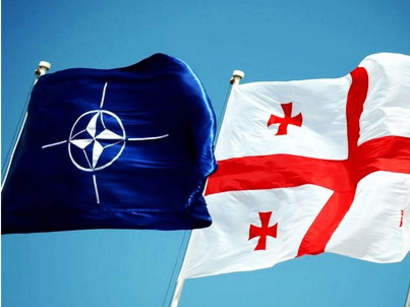Moscow Signals Intention to Establish Greater Control Over Chechnya
By Valeriy Dzutsev (the 18/09/2013 issue of the CACI Analyst)
An increasing number of conflicts between Chechnya’s strongman Ramzan Kadyrov and Moscow may signify that the Russian government is gearing up to change the status quo in Chechnya. Regional authorities and Kadyrov himself have long been exempt from Russian law, which Russian leaders have motivated as a necessity for keeping Chechnya stable. Kadyrov’s success in keeping Moscow at bay has to a large extent depended on his personal relationship with President Putin. Growing resentment among ethnic Russians against North Caucasians and Putin’s weakening position make a tougher position on Moscow’s part against Chechnya’s pro-Moscow government more likely, a development that may have numerous unintended consequences.

Yevkurov Reelected President of Ingushetia
By Tomáš Šmíd (the 18/09/2013 issue of the CACI Analyst)
On September 8, the president of Ingushetia was for the first time in history elected by the Ingushetian parliament. The People's Assembly elected the highest representative of this North Caucasian republic, and could choose from three candidates, all of whom were nominated by the President of Russia, Vladimir Putin. The candidates were Urushan Yevloyev, Magomed Tatriev and the incumbent President of Ingushetia, Yunus-bek Yevkurov. As many observers predicted, Yevkurov won the elections having received 25 out of 27 votes. The remaining two deputies voted for Yevloyev. Yevkurov was inaugurated soon after his election.

Vladimir Putin Visits Baku
By Mina Muradova (the 04/09/2013 issue of the CACI Analyst)
In mid-August, Russia’s President Vladimir Putin paid his first visit to Baku after resuming his presidency. No significant political declarations were made, but observers considered the visit to be a gesture aimed at dismissing speculations that the Kremlin is supporting an opposition candidate with Russian citizenship in Azerbaijan’s presidential elections, scheduled for October. The visit was intended to demonstrate that bilateral relations between the two countries are developing, even in the face of recent setbacks.
Russia Pressures Armenia to Join Customs Union
by Stephen Blank (the 08/21/13 issue of the CACI Analyst)
The centerpiece of current Russian foreign policy is integrating as many post-Soviet states as possible in what will ultimately be a Eurasian Economic Union (EEU). The first step of this process is to join a Customs Union and Russia is bringing enormous pressure to bear upon Kyrgyzstan, Tajikistan, Ukraine, and now Armenia to join. It is being made clear to these states that if they join the EEU or what Moscow calls EURASEC, they will not be able to join other trade organizations, e.g. those inherent in the EU’s Eastern Partnership. While most publicity has focused on Ukraine, recent Russian policy towards Armenia is no less revealing of Moscow’s tactics and goals.

Georgia's NATO Membership Will Bring Regional Stability
by Mamuka Tsereteli (the 08/07/2013 issue of the CACI Analyst)
The North Atlantic Treaty Organization (NATO) is the only reliable security umbrella for the Georgian state. Georgia made the political decision to join NATO in 2002. At the Bucharest Summit in 2008 NATO promised Georgia membership, and since 2011 allies refer to Georgia as an aspirant partner country. But Russia opposes Georgia’s NATO membership and some Western European countries see Georgia’s membership as a source of potential conflict with Russia. The alliance needs to provide real mechanisms for membership to Georgia that could bring much needed stability to the entire Caucasus region.





